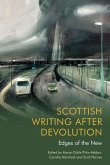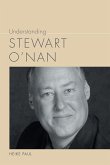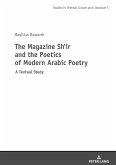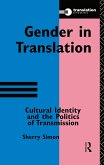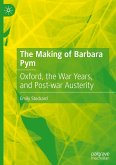"The most up-to-date and unified study of critically acclaimed and best-selling author Barbara Kingsolver.In Understanding Barbara Kingsolver, Ian Tan situates Kingsolver's oeuvre in an ecocritical and ecofeminist context and argues that her work puts forward an ethics of difference that informs a more egalitarian vision of the world. Following a brief biography, Tan explores ecocriticism as a literary strategy and analyzes Kingsolver's early nonfiction book, Holding the Line: Women in the Great Arizona Mine Strike of 1983, as an entry point to her thematic interests. Subsequent chapters attend to Kingsolver's nine novels, including her breakout The Poisonwood Bible and the Pulitzer Prize-winning Demon Copperhead, and the ways they engage with some of the most important issues of the twentieth and twenty-first centuries, including postcolonialism and climate change. This book shows how Kingsolver gives her readers the aesthetic tools to begin to see the familiar and the ordinary in a different light, allowing idealism to enrich our everyday lives"--
Hinweis: Dieser Artikel kann nur an eine deutsche Lieferadresse ausgeliefert werden.
Hinweis: Dieser Artikel kann nur an eine deutsche Lieferadresse ausgeliefert werden.


